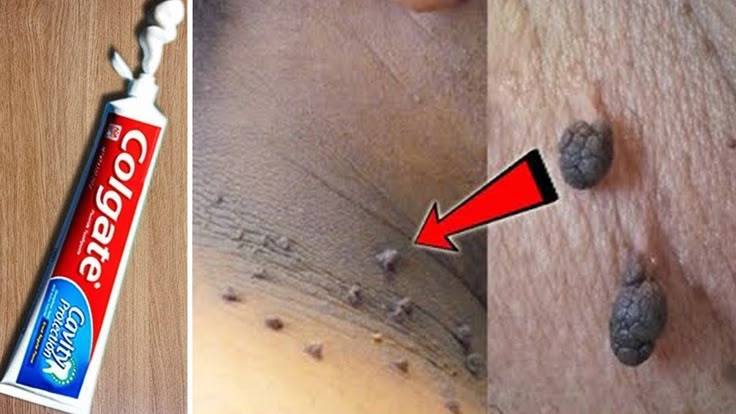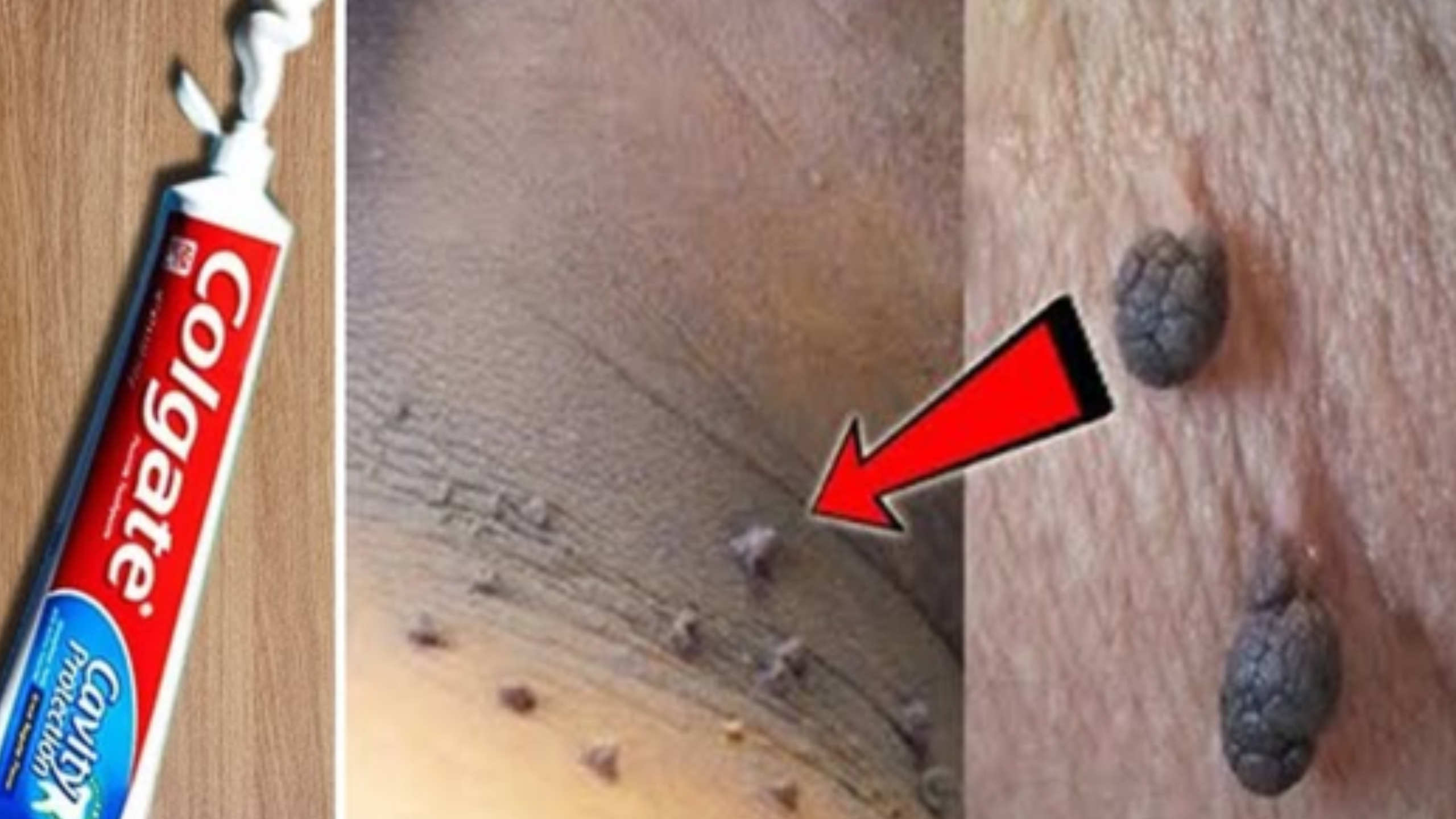If you’ve ever had to deal with the discomfort of plantar warts or the annoyance of skin tags, you’re definitely not alone. These skin growths are incredibly common and can show up on anyone—regardless of age, gender, or lifestyle.
While they’re usually harmless, warts and skin tags can be a source of embarrassment or discomfort, especially when they appear in visible or sensitive areas. Fortunately, there’s good news: you don’t need to book a dermatology appointment or endure painful treatments to get rid of them.
A Safe and Natural Solution You Can Make at Home
Most over-the-counter remedies for warts and skin tags rely on strong acids or chemical agents. While effective, these treatments can sometimes irritate the skin—especially if used on delicate areas like the neck, eyelids, or feet. This is where a natural remedy comes in.
Using a simple blend of ingredients many people already have in their kitchen or bathroom, you can start shrinking and drying out these skin growths overnight. It’s gentle, budget-friendly, and surprisingly powerful.
Why Natural Remedies Work
Natural ingredients offer a safe and effective alternative. They’re not only less likely to cause irritation, but they also nourish the skin while helping to remove the unwanted growths. This remedy combines three powerhouse ingredients:
Apple cider vinegar
Baking soda
Tea tree oil
Each one plays a unique role, and together they create a potent healing mixture that targets warts and skin tags from the inside out.
What Makes These Ingredients So Effective?
Apple Cider Vinegar (ACV)
ACV is a favorite in natural wellness for its detoxifying and antibacterial benefits. The acetic acid in apple cider vinegar penetrates deep into warts and skin tags, breaking down abnormal tissue over time. It also creates an acidic environment on the skin that discourages viral or bacterial growth—helping prevent future outbreaks.
Baking Soda
This common kitchen staple is more powerful than it seems. Baking soda helps exfoliate the skin by removing dead cells, and it also balances the skin’s pH. In this remedy, it serves a dual purpose: enhancing the healing effect and giving the mixture a paste-like texture so it stays in place when applied.
Tea Tree Oil
Tea tree oil is a natural powerhouse with antiviral, antifungal, and antimicrobial properties. It targets the root cause of many warts, especially those caused by viruses like HPV. It also reduces redness, inflammation, and irritation—making it especially helpful for sensitive skin.
How to Prepare and Use the Remedy

Here’s how you can make this simple treatment at home:
Ingredients:
1 tablespoon of apple cider vinegar
1 teaspoon of baking soda
3–5 drops of tea tree oil
Instructions:
- In a small bowl, combine the baking soda and apple cider vinegar. The mixture will fizz—this is normal.
- Stir until you get a thick, smooth paste.
- Add the tea tree oil and mix well.
- Apply a small amount of the paste directly onto the wart or skin tag.
- Cover with a clean bandage or medical tape and leave it on overnight.
- In the morning, rinse the area with warm water and gently pat it dry.
Repeat this process daily until the skin tag or wart shrinks, dries out, and eventually falls off. This may take anywhere from a few days to a couple of weeks, depending on the size and location.
A Few Tips for Best Results
Be consistent. Daily application is key.
Avoid picking or pulling at the growth. Let it fall off naturally.
If irritation occurs, reduce application frequency or discontinue use.
For very sensitive areas, consider diluting the apple cider vinegar or tea tree oil.
When to See a Doctor
While this remedy works well for many people, not all growths are safe to treat at home. If your wart or skin tag is painful, bleeding, or changing in color or size, consult a healthcare professional.
Final Thoughts
Natural solutions like this can be surprisingly effective when used correctly and consistently. With just a few simple ingredients, you can gently and safely remove warts and skin tags from the comfort of your home—without spending a fortune or risking irritation from harsh chemicals.


2 thoughts on “Say Goodbye to Warts and Skin Tags Naturally: A Simple Home Remedy That Works”